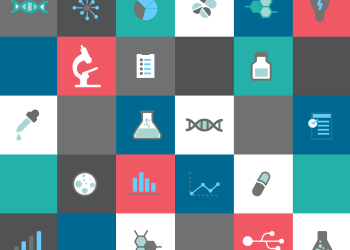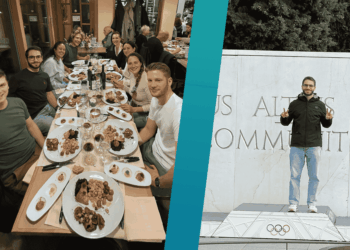The EACR’s ‘Highlights in Cancer Research’ is a regular summary of the most interesting and impactful recent papers in cancer research, curated by the Board of the European Association for Cancer Research (EACR).
The list below appears in no particular order, and the summary information has been provided by the authors unless otherwise indicated.
Use the dropdown menu or ‘Previous’ and ‘Next’ buttons to navigate the list.
![]()
Yanchus, C., Drucker, K., L. et al. Science. 378(6615):68-78. (2022).
doi: 10.1126/science.abj2890.
Summary of the findings
“It’s an amazing story how one nucleotide change in the non-coding genome can dramatically alter cancer susceptibility in large number of patients. ” EACR Board
Genome-wide association studies have found multiple single-nucleotide polymorphisms (SNP) that are associated with glioma, but the mechanism of action for nearly all the polymorphisms has long been unknown. Prior studies had found the SNP rs55705857 was associated with risk of developing IDH-mutant gliomas; this SNP was located in a region of the genome that has been of interest in many different cancer types. Fine-mapping of the locus narrowed the region of interest and again confirmed that the rs55705857-G risk allele is the likely causative allele. Histone chromatin immunoprecipitation showed that the rs55705857 locus encompasses a brain -specific enhancer and demonstrated increased enhancer activity in human IDH-mutant versus IDH-wildtype glioma. Reporter assays in mouse embryos further observed increased activity of the enhancer containing the rs55705857-G risk allele.

Future impact
Many different loci for genetic predisposition have been found for IDH-mutant glioma, most of which are located in non-coding regions of the genome. This study demonstrates that the function of these loci can be evaluated by current technology. The study also suggests that the rs55705857 region may have future cancer therapeutic and preventative relevance for IDH-mutant gliomas.









